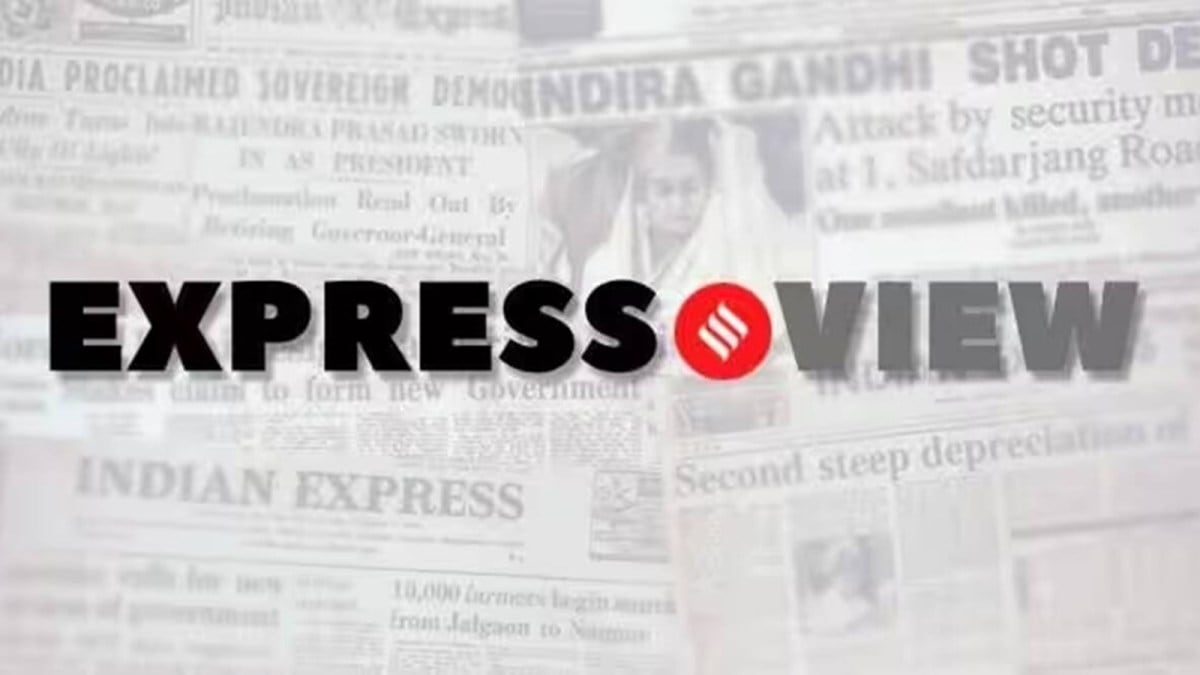
After what seemed to be a prolonged period of suspense, following a sweeping BJP victory in Maharashtra, Devendra Fadnavis is set to take oath as chief minister in Mumbai’s Azad Maidan. It is a moment of personal vindication for Fadnavis, whose ascent in the party has been meteoric, but has also sparked inner-party friction. From becoming Nagpur’s youngest mayor at 27 in 1997 to a first-time legislator in the Maharashtra assembly in 1999, to chief minister of the state in 2014, it has been a story of rise and rise — with twists in the tale. As in 2022, when he became a reluctant deputy to Chief Minister Eknath Shinde in the government formed after the Uddhav Thackeray government collapsed and the Shiv Sena broke into two. In fact, Fadnavis is also given much of the credit, or discredit, for engineering the splits in the Sena and then in the NCP, the “tod phod (destruction)” of parties that has rearranged beyond recognition the Maharashtra political landscape. As he is sworn in as Chief Minister for the third time, the BJP is clearly in charge and its Mahayuti allies come in a distant second. There are challenges ahead for the new government, but for now, ally trouble doesn’t seem to be one of them.
Maharashtra’s new government will, however, have to face up to other challenging realities. Once the frontrunner in the country in terms of per capita income, GDP growth and contribution to the India story, Maharashtra has slid and slowed down. The slackening has sharpened the palpable agricultural distress in backward areas like Vidarbha in a state of striking regional inequalities. It shows up in the high unemployment figures in both urban and rural areas, a widening fiscal deficit, lower capex and rising revenue spending. Maharashtra’s downturn is framed, also, in the anxieties stoked by the migration of some high-profile industrial projects to neighbouring Gujarat. In this backdrop, the new government will have to tread a tightrope carefully, be it on the issue of Maratha reservation, or the state’s welfare schemes. For instance, the Ladki Bahin Yojana, a cash transfer of Rs 1500 per month to women between 21 to 65 years of age, whose annual family income is less than Rs 2.5 lakh, is said to have powered the Mahayuti government’s thumping win, and among its many poll promises, an increase of the scheme amount to Rs 2100 figured prominently. The onus will be on the Fadnavis government to balance and align its social welfare goals with fiscal prudence and responsibility in a strained economy.